Overly Vocal Feline? Here's Why Your Cat Meows so Much
Updated Dec. 14 2022, 4:26 p.m. ET
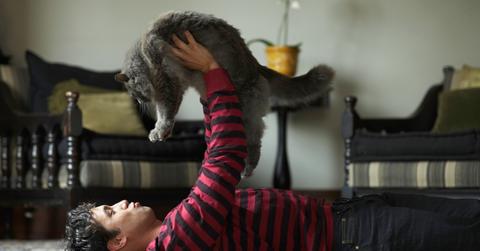
Cats have a reputation for being silent, solitary killing machines. Well, big cats do anyway. But even our modern domestic cat is capable of some pretty phenomenal feats of stealth and voracity. And despite lacking the roars of their jungle cousins, domestic cats can still make quite a racket when the mood suits them. They can meow, purr, chirp, or hiss, and though any of these funny noises can be endearing in moderation, an excessively vocal cat might have you wondering, “why does my cat meow so much?”
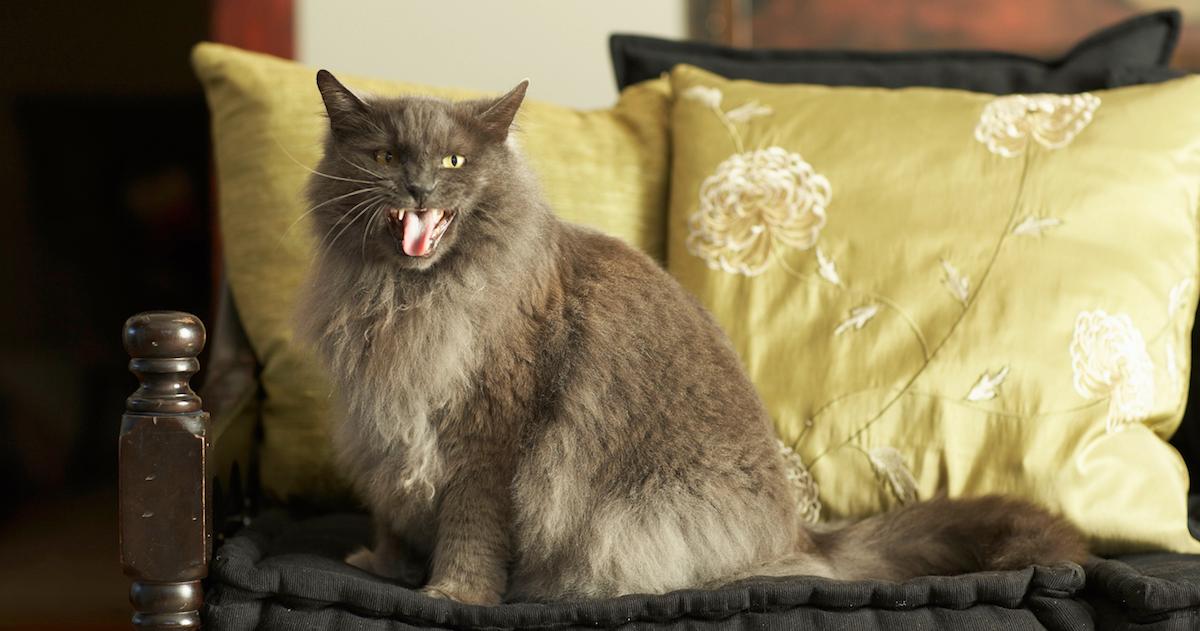
Why does my cat meow so much?
There are many reasons why your cat might be meowing a lot. Otherwise known as excessive vocalization, the definition of “excessive” seems to vary from cat to cat and might be based more on the tolerance of the individual listener than anything else. A cat that meows for breakfast or attention in the afternoon is not the same as a cat that decides to meow incessantly in the middle of the night.
If your cat is more prone to the former than the latter, you might not see their mewling as excessive; you might just think they meow when they are hungry. More often than not though, those who pose the question of why their cats meow so much are likely in a situation where the amount of meowing is beginning to become a nuisance.
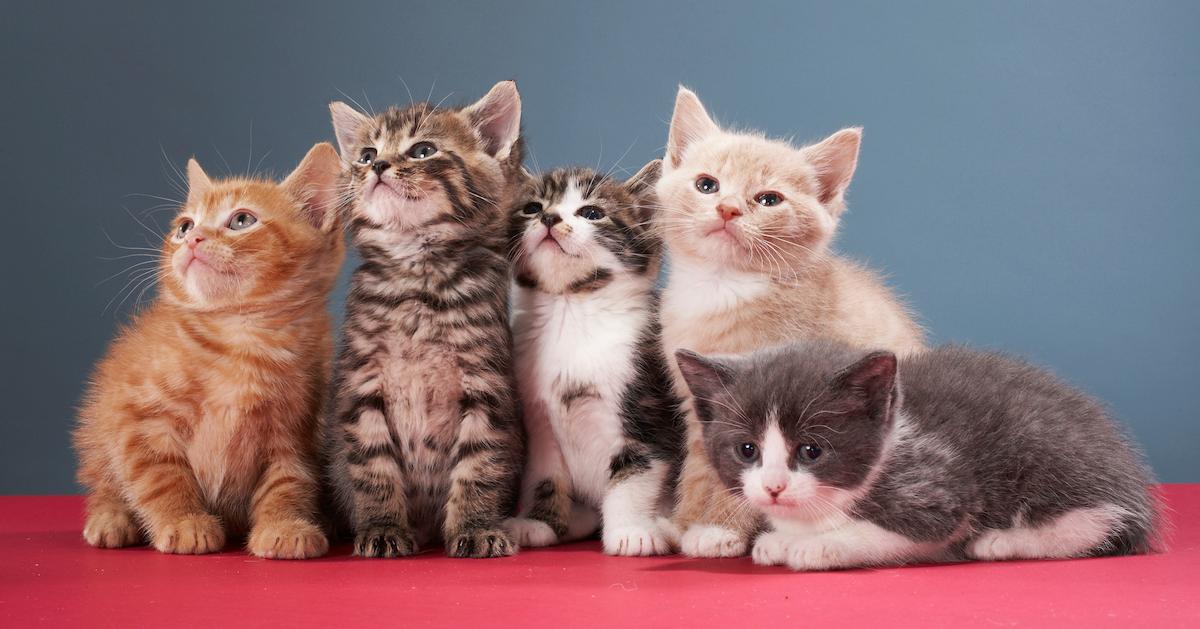
Why do some cats engage in excessive vocalization?
Vocalization in cats is completely normal. Like most animals, cats use different sounds to communicate with each other and with us. According to Best Friends Animal Society, increases in vocalization can occur during mating season. Female cats are in heat and make cats fight for access to them, leading to an increase in meows, purrs, and hisses. But household cats might be more willing to “talk” for other reasons.
House cats might be more genetically prone to meow than wild cats because of us. According to Science Norway, kittens meow a lot when they require food or attention from their mother. It’s very likely that adult cats keep this trait when around humans, who become their main providers and companions. They meow for attention, for food, and to “join in the conversation” at times with their humans. Frankly, if you have a cat, you know what I’m talking about.
Some cat breeds are actually more prone to this than others. Siamese cats tend to be more vocal than other breeds of domestic cats, as are Burmese cats, Sphynx cats, and Japanese Bobtails.
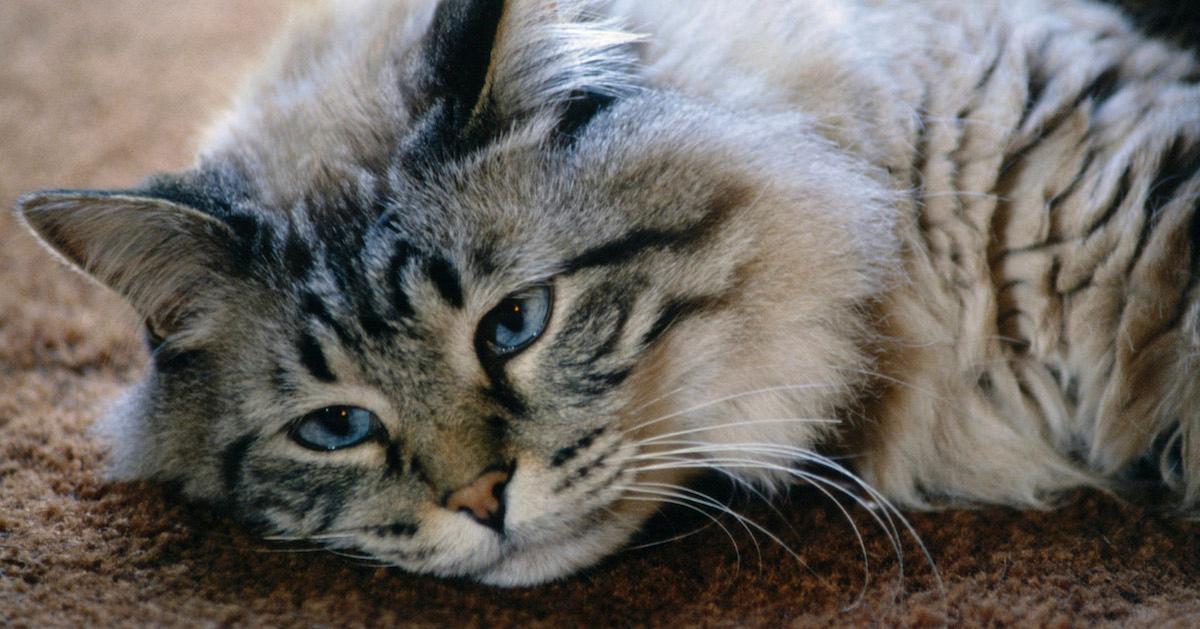
What causes cats to meow a lot?
A house cat might meow more if there are changes to their environment, like a move, or if a new arrival is present. This could be another cat, another pet, or a new baby. In most cases, the cat’s increased meowing may indicate that they want attention. They want you to feed them, let them out, or pet them. They might just need comfort. Unfortunately, the more you enable them by giving in to the behavior, the more they’ll probably meow.
Is meowing so much good for my cat?
At the same time, excessive vocalization could indicate the presence of a medical or serious behavioral problem. In an article written by veterinarian Karen Sueda, she suggests that a cat might meow while it’s in pain, as a way of seeking comfort. They could also be experiencing neurological or sensory problems like hearing or vision loss. If the meowing is coupled with anxiety, frustration, aggression, or other strange behaviors, it might be time to see a vet.
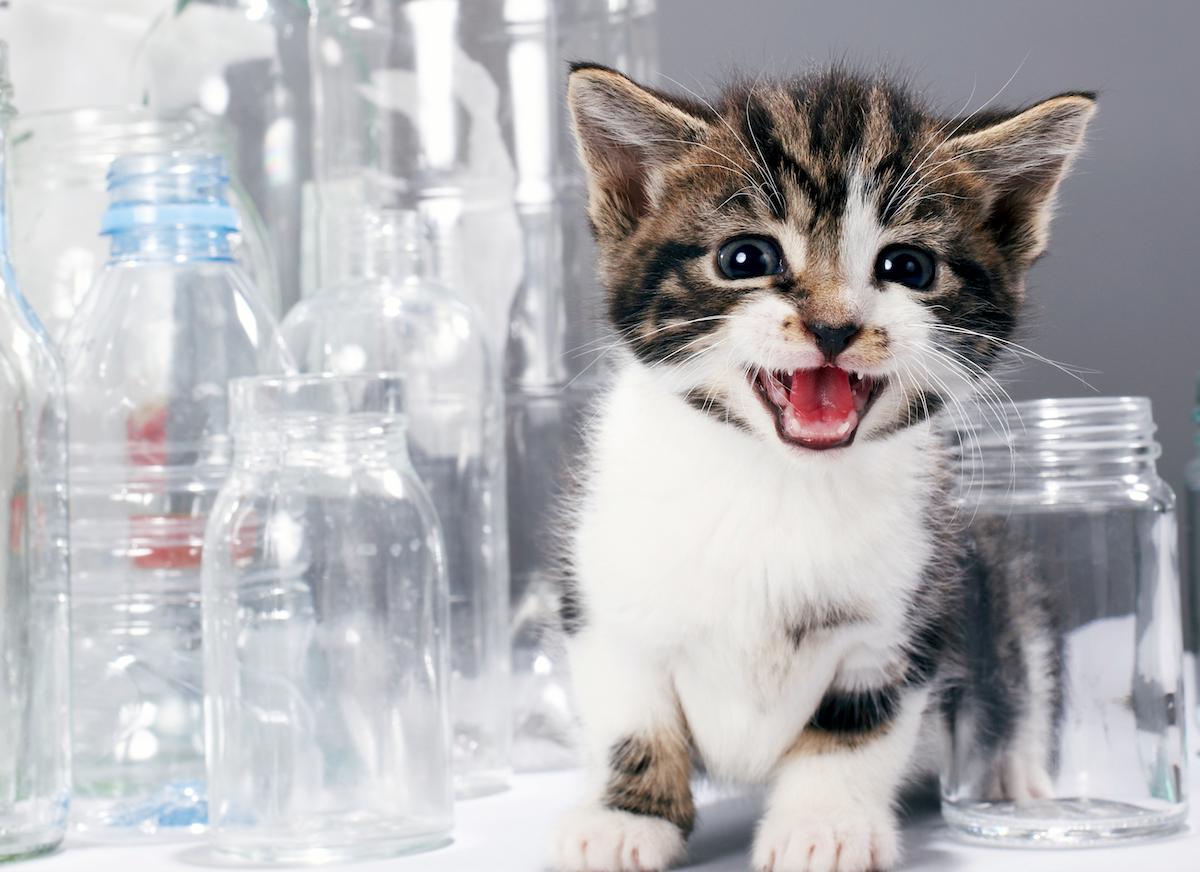
Can I and should I treat my cat for excessive meowing?
There might not be anything to treat, honestly. If your cat is just chatty or longing for attention, the only real treatment is to try to untrain that behavior. That’s going to be difficult though, as we’re willing to bet that in a contest of wills, your yowling, mewling cat is going to outlast your feeble, human patience.
It is probably best to determine if the meowing is a quirk or a sign of an underlying problem before attempting any solution, however. Talk to your veterinarian and discuss what might be going on with your cat. There could be physical or unseen psychological issues that you’ll want to check on before attempting to curb the meowing.
Your cat could also be simply bored. Solitary as they are, cats are intelligent enough that they do require stimulation. They like to play and be challenged. So mental or physical enrichment might be a good way to quiet them down. If they’re too tired to meow, they might let you sleep through the night too — it’s a win-win!
This article, originally published on Jan. 5, 2021, has been updated.